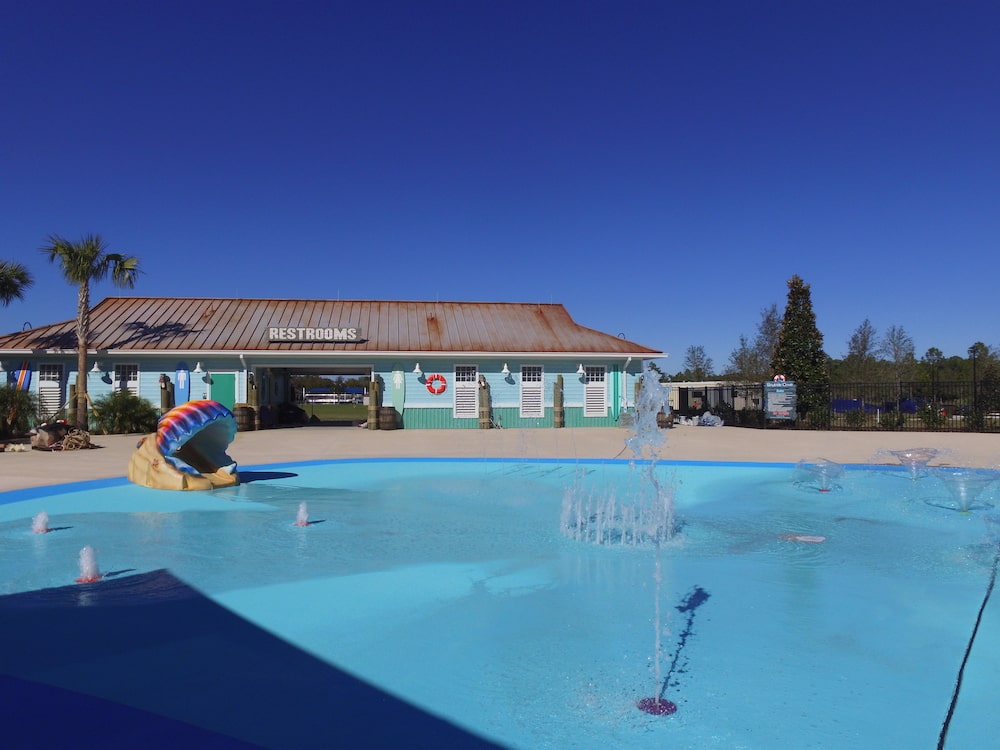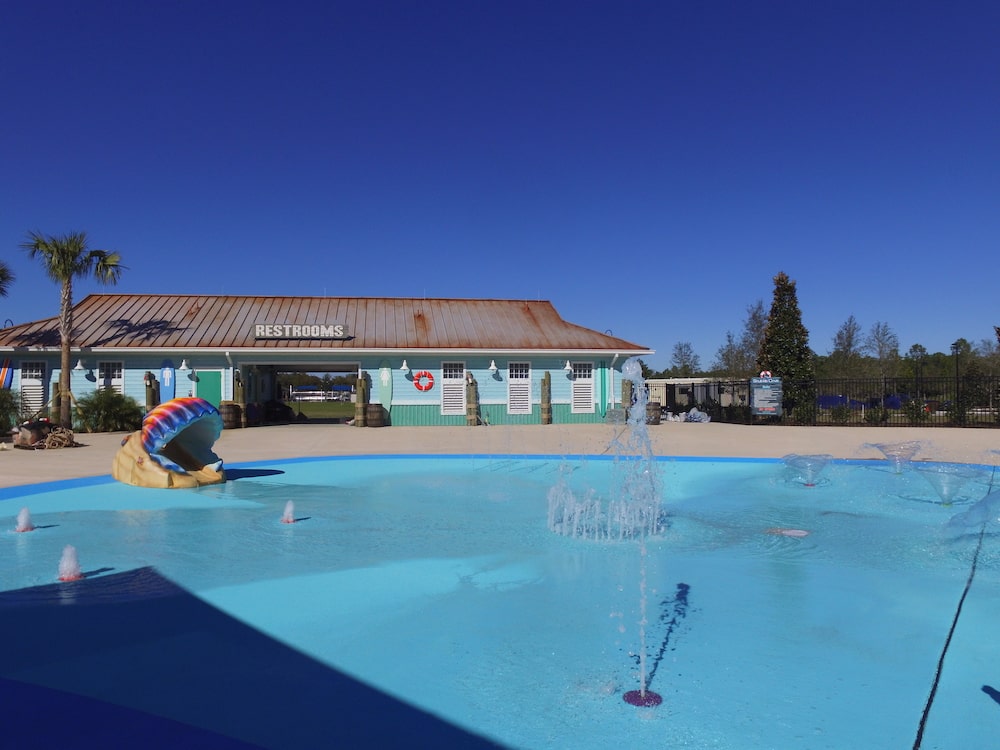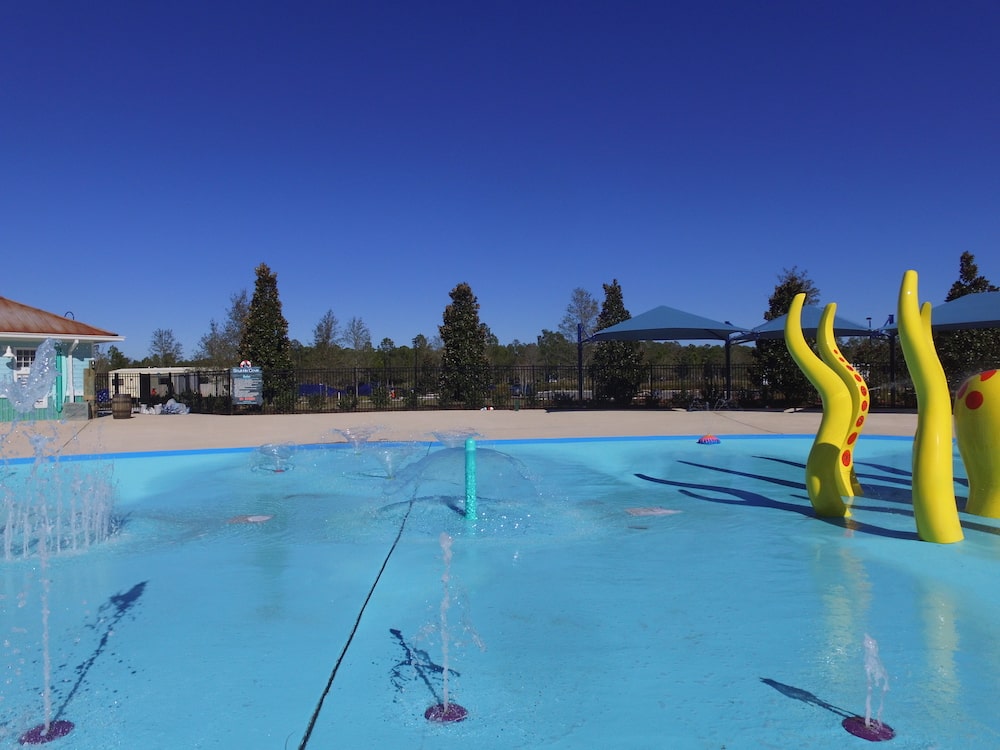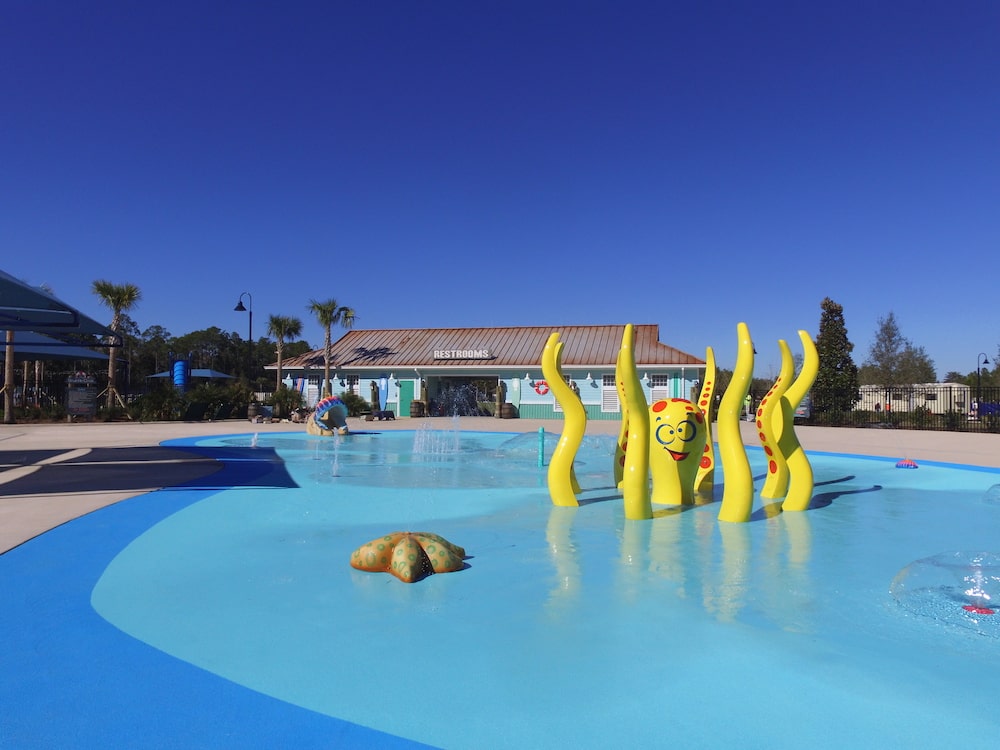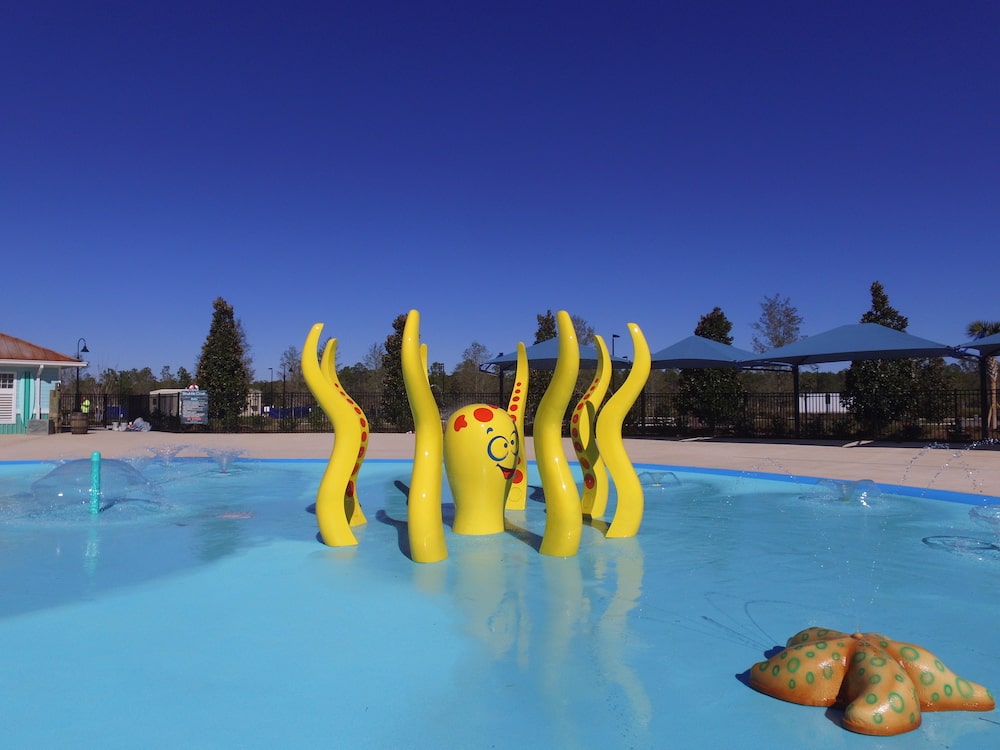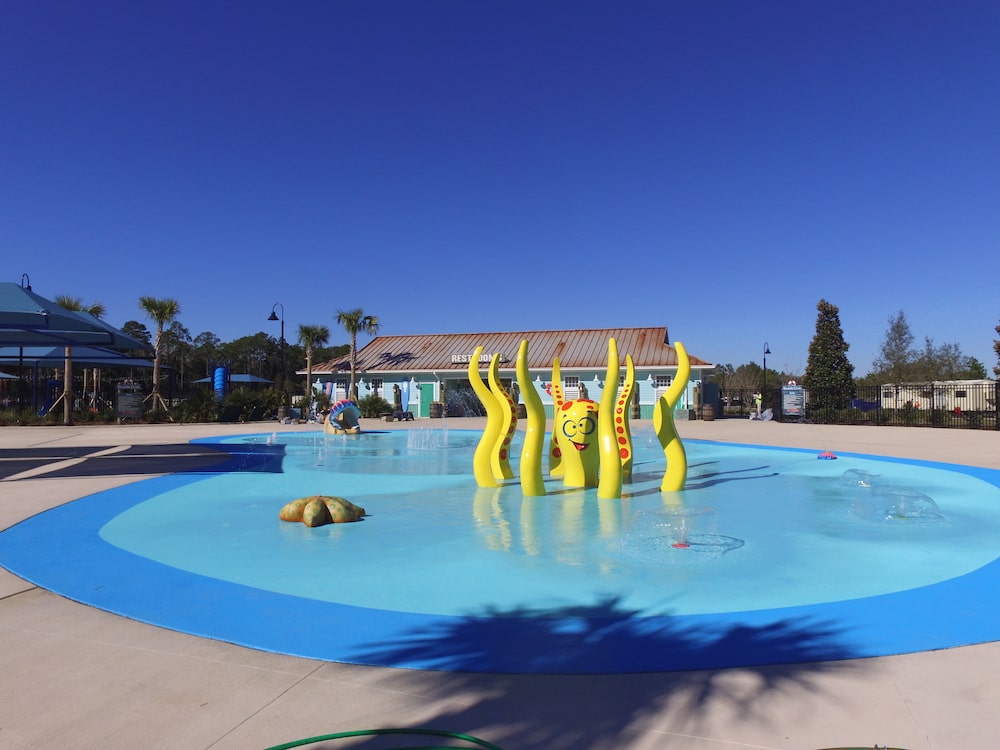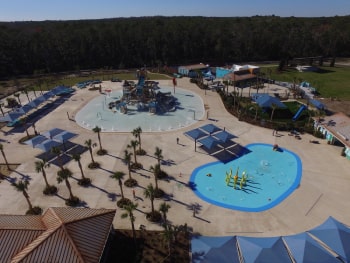 If you are considering building a commercial pool or spa, there are a number of factors that you need to consider. First and foremost, you will want to decide on the type of pool that you want. The different types of inground pools include cement (gunite pool), fiberglass pools, and vinyl pools. Each pool construction project will vary in cost and in building time. However, if you are looking for a sturdy customizable pool, you may consider a cement pool. Most pools used for the public are made out of cement and need to be built according to OSHA, ADA, and other local regulations. Working with our team, you will be ensured that your pool meets the local health and safety regulations that guide commercial construction projects.
If you are considering building a commercial pool or spa, there are a number of factors that you need to consider. First and foremost, you will want to decide on the type of pool that you want. The different types of inground pools include cement (gunite pool), fiberglass pools, and vinyl pools. Each pool construction project will vary in cost and in building time. However, if you are looking for a sturdy customizable pool, you may consider a cement pool. Most pools used for the public are made out of cement and need to be built according to OSHA, ADA, and other local regulations. Working with our team, you will be ensured that your pool meets the local health and safety regulations that guide commercial construction projects.
When building a concrete pool it is crucial to work with the right team. The pool construction process requires many steps including applying for permits and passing inspection during the different building faces. The right team will guide you through the various steps to ensure you understand what is going on in the different stages of the building process.
If you are located in Jacksonville, Florida, you may contact the Oak Wells Aquatics at 904-619-3281. We are ready to visit your location and provide you with pool design options. Meeting with one of our pool specialists is always the first step in the construction process. Our specialists will help you develop a pool according to your specifications and your budget.
The following section will discuss the types of inground pools available for those wishing to engage with a commercial pool project. Additionally, the next section will discuss the pool installation procedure. The pool installation procedure is different for every pool type, some projects require more time than others. To learn more about pools and about the installation procedure, you may contact us today to schedule a visit.
Types of Pools
Those who wish to enjoy a pool in their backyard or who wish to tackle on a much bigger project will be happy to know that there are a number of options that exist to help them realize their dream. The types of pools include concrete pools, fiberglass pools, vinyl pools, and above land pools. Each pool differs in price and in the amount of time it takes for completion. To determine the right type of pool, you will want to consider your budget, the construction time of each project, the flexibilities of each pool type, and the purpose of the pool.
Gunite Pool
Gunite pools also known as concrete pools are the most common types of backdoor underground pools. Concrete pools offer great flexibility, meaning that they can be molded into many shapes and sizes. The flexibility of the pool comes from the framework. Unlike other pools, the gunite sits on a framework of rebar that is shaped and molded to fit the desired shape and size. Gunite pools are made to last a very long time, however, they tend to be costlier than the other types of pools. Additionally, gunite pools are made to last a very long time and custom made to your specific requirements which is why they tend to cost more than other pool types. If you wish to install a concrete pool, you will want to work with the right company to ensure your pool is built according to state and local building regulations.
Fiberglass Pool
The fiberglass pool is a premade shape that is made out of fiberglass. Fiberglass is very durable and can be easily maintained. Unlike concrete pools, fiberglass pools can be installed in a short amount of time which means it is less costly. The downside to fiberglass pools is that they are not as durable as concrete pools.
Vinyl Pool
A vinyl pool like a fiberglass pool can be installed in a quicker time than concrete pools. A vinyl pool requires the removal of dirt to create space for the pool. The opening is filled with concrete and a vinyl liner will be used to cover the concrete walls. Vinyl pools are less flexible than concrete pools and can be damaged more easily.
The Planning Process
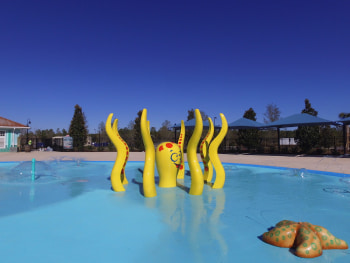 First and foremost, we want to know what makes the perfect pool for your residency or location. We want to ensure that you are happy with the final product upon completion which is why the first person you will meet with is an architect. The architect will discuss your vision of the pool and learn about the specific requirements of your desired project. The designer will make notes on the depth of the pool, the perimeter of the pool, and of the unique qualities you may want to include. The pool designer will create a design that fits your budget and your expected final product.
First and foremost, we want to know what makes the perfect pool for your residency or location. We want to ensure that you are happy with the final product upon completion which is why the first person you will meet with is an architect. The architect will discuss your vision of the pool and learn about the specific requirements of your desired project. The designer will make notes on the depth of the pool, the perimeter of the pool, and of the unique qualities you may want to include. The pool designer will create a design that fits your budget and your expected final product.
The designer will then create a blueprint with the dimensions of your pool. Before excavation, the designer will meet with you one last time to ensure that the design of the pool is the one you want. The planning process is the most important and it is advised to carefully consider and take your time on designing your project.
Permits
Once the blueprint is agreed upon, the next step is to acquire all the water, gas, and electrical permits required for your pool. A pool that is built without permits, is a pool that may have to be demolished in the future which is why it is crucial to obtain permits before beginning a construction project. Once your blueprints are approved it means that your structure plan abides by the local and state building codes at which point the construction of your pool can begin.
Excavation
Upon receiving notice of your approval of the designers' blueprints, you will meet with our construction team of excavators. This is the first step towards the actual building of the pool. The construction manager and team of excavators will dig the proposed dimensions of the pool and will remove excess dirt on the same day. During this time, it is crucial that the property owner make his or her mind about the tiles that will be used for the pool. The pool construction procedure may be delayed if the tile is not agreed upon by the end of the day. In most cases, pool excavation will take place in one day. By the end of the day, the construction manager should have discussed with you about the location where the pool materials will be placed during the construction of the pool.
Steel Placement
Once there is a hole for your pool, you will meet with our team of steelworkers and welders. The steel framework will act as the backbone of the pool. Essentially, the steel is what will be covered with concrete to create the foundation of the pool. Without the steelwork, the concrete will have nothing to hold on to. After the steel is welded and put into place, the construction overseer will contact the city inspector to come and have a look at the steel frame. To continue with the pool process, the steel framework needs to be approved by the local inspector. If there is anything that needs a touch-up, our team will correct the mistake and then reschedule another inspection. Our team of steelworkers are professionals that will make sure that your inspection passes the first time in order to avoid delay.
Plumbing and Water Filtration
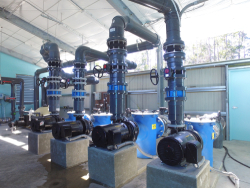 The placement of the steel will create a framework that allows the concrete to hold on the outer walls of the pool. However, before the finish (the plastering), all plumbing lines and electrical lines need to be installed. During this time all plumbing lines will be installed along with the pool’s filtration system. The plumbing and pool filtration system work together to ensure the quality of the pool water.
The placement of the steel will create a framework that allows the concrete to hold on the outer walls of the pool. However, before the finish (the plastering), all plumbing lines and electrical lines need to be installed. During this time all plumbing lines will be installed along with the pool’s filtration system. The plumbing and pool filtration system work together to ensure the quality of the pool water.
Gunite
Now that the essential water plumbing framework has been installed, it is time to cover the steel frame with gunite. Gunite is a mixture of cement and sand that covers the walls and flooring of the pool. The cement mixture is pressurized to achieve a sturdy six-inch thick shell that will stay intact for a very long time. Once the cement shell dries the pool will be one step closer to the finishing installments.
Gas and Energy
When the filtration system is installed, it is now time to call in the utility expert to hook up the water heaters and the breaker box to your pool. The breaker box is required to control the electricity running to the location of the pool. The breaker box can shut off all the power running to the pool in case of an emergency. Furthermore, if the pool design includes a water heating system, the specialists will be required to run gas lines to the pool heating system before the plastering. To ensure the safety of your pool and of those using the pool, it is crucial to work with a specialist in pool gas/electrical appliances. Your electrician and utility specialists should know how to work by the local and state building codes in order to prevent a pool malfunction.
Pool Deck
After the gas and energy systems have passed inspection, the next step is the building of the deck. Keep in mind that it is necessary to pass inspection before the deck workers continue with the installation process. The deck like other parts of the pool, should be built according to local and state building codes to ensure that it does not collapse or cause other damages to your property. For instance, the deck should be at least four inches thick and should have proper reinforcement. To create an aesthetically pleasing pool, you will want your deck to match the color scheme or pattern of your pool.
Clean up time
Now that all the essential pieces to your pool have been installed and the deck has settled, it is time to clean up! Our clean-up crew will remove the waste and construction materials from the pool site. We ensure that every project is cleaned and that all building equipment and material are removed from the project site. In cleaning the surrounding area, the team will prepare the interior part of the pool for the coating.
Interior Coating and Start-Up
The interior coating is the final step to the pool project. You can now sit back, relax, and start planning all future pool parties and events. The interior of the pool is covered with a finishing coat with a color and material of your choosing. Once the coating dries, the pool will be filled with water.
Upon completion of your pool, our technician will make his way to your home to start up the pool filtration system, heating system, and other appliances included in your blueprint. The technician will show you the ins and outs of the pool ensuring that you fully understand how to shut off your pool in case of an emergency. Additionally, the technician will inform you about other aspects of your pool including the required maintenance to ensure that you are swimming in clean water. If you ever need to reach a technician or you require assistance, our technicians can be reached at any time to schedule a visit upon request.
Find a Commercial Pool Contractor Near Me
As you have seen from above, there are a number of factors that come into play when building a commercial pool. First, you need to create your pool design and then you have to build according to a number of health and building codes. To ensure the longevity of your pool and the safety of those accessing the pool, you may want to work with experts that build according to state and local building codes. If you are looking to build a commercial pool or spa in Jacksonville, Florida, you may contact Oak Wells Aquatics at 904-619-3281. Our team of swimming pool contractors are dedicated men and women that work towards providing the best customer satisfaction.



















